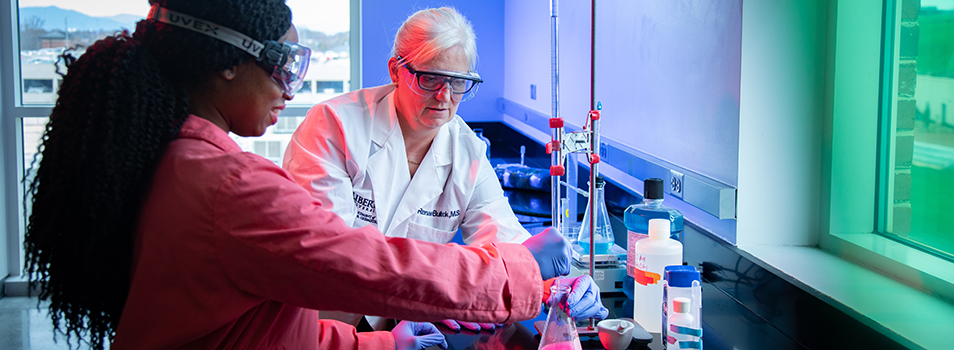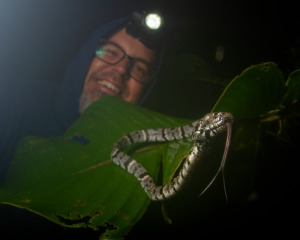Pursuing an Internal or External Research Grant? Your Success Starts Here.
The Office of Sponsored Programs & Research (OSPR) administrates internal and external research grants at Liberty University. We support faculty, staff, and students from all academic disciplines who are interested in applying for research grants. OSPR advises on all aspects of grants management from initial application to award closeout, assisting with budgeting, contracts, reporting, and compliance.
Our internal grants process awards faculty and students funding for innovative research ideas, conference presentations, and more. Our external grants process can be highly competitive whether you are seeking federal, state, local, or industry funding. Our pre-award team will help you prepare a high-quality and well-constructed proposal. If you are awarded a grant, our post-award team will help you manage all aspects of the grant to ensure you can remain focused on your research.
Funding Opportunities

Internal Funding
Apply for funding within Liberty University. Internal funding is available to students and faculty to support research and scholarly activity.
Get What You Need From Us
Faculty Research in Ecuador
Faculty member Dr. Kyle Harris on a Liberty-sponsored expedition looking for new snake species. The reptile pictured is a recently described new species of snail-eating snake from Panama.
Read more about Dr. Harris’ latest discovery in the cloud forests of Ecuador: a new coffee snake species.


